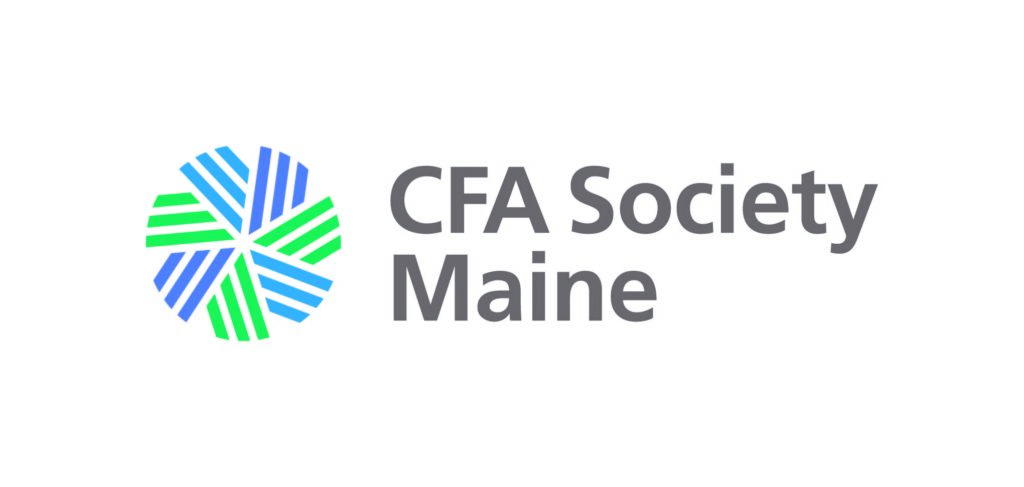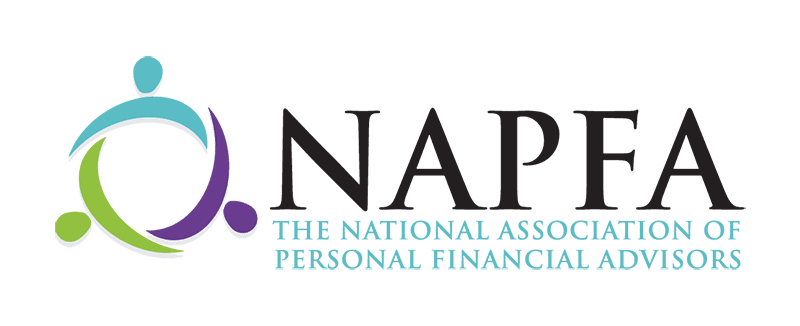If the economy is so great, why is everyone so glum?
Last Friday’s jobs report brought more positive economic news in a year when the economy has arguably performed consistently better than many (including myself) would have expected. 199,000 new jobs were created (some of which can be attributed to striking auto workers returning to the workforce). Labor force participation increased, meaning there are fewer people on the sidelines of the job market, and still, the unemployment rate dropped to a low 3.7% while wages increased. All this while the economy has chugged along with strong growth this year, far from the recession many of us had considered inevitable.
Still, if you were to characterize the ‘feel’ on the street, it doesn’t exactly reflect optimism. There can be several reasons for a mismatched perception between the performance of the economy and the overall vibes people are sensing. While the economy may be doing well based on certain indicators such as GDP growth, low unemployment rates, or rising stock markets, it’s important to remember that people’s experiences and perceptions can vary greatly. In fact, a recent addition to the online dictionary is the word ‘Vibecession’: A situation where the overarching ‘vibe’ is recessionary, despite objectively good economic data.
Why the ‘dissonance’? There are a few key factors to consider:
VERY uneven wealth distribution
Even if the economy is prospering, not everyone may be feeling the positive effects. Economic disparities, income inequality, or regional variations in growth can contribute to this disconnect. If a significant portion of the population is struggling financially or feeling left behind, it can dampen the overall mood even during a period of economic prosperity.
Inflation and high interest rates impact lower wage families a lot more than they impact higher-wage families. Sure, on average, wages have kept up with inflation in many areas – but combine the high mortgage rates with low inventory on homes and resultant big price increases in shelter. Tack that on top of a period where food and medicine has become significantly more expensive, and that pushes a big part of the population from ‘just barely making it’ to ‘not making it at all’.
It’s not ALL economics!
Another factor is the psychological impact of other events or concerns. People’s overall sentiments can be influenced by broader societal issues, political instability, or personal anxieties. Negative news cycles, geopolitical tensions, health crises, or climate-related concerns can all contribute to a general feeling of unease, overshadowing positive economic indicators. There are plenty of opportunities, given atrocious wars in the middle east and Europe, climate catastrophes and political discord, to feel downright blue despite hearty economics.
If it bleeds, it leads
Perception is reality. Perceptions of the economy can be influenced by factors like media coverage, political narratives, and individual experiences. Media outlets might emphasize negative stories or focus on specific issues that don’t accurately reflect the overall economic reality. Furthermore, individual circumstances and personal experiences with job security, wage growth, or cost of living can influence how people perceive the state of the economy.
This impact is magnified for those who consume social media. The major platforms serve up significant content on how people are feeling and little content on basic economic data. Studies have shown that people who rely on social media for their news tend to have a more negative view of world events. Interestingly, a recent Quinnipiac poll showed that while 71% of people characterized the economy as ‘poor’, over 60 percent of those same respondents said they felt ‘good’ about their own financial situation.
Vibecession can lead to recession
Don’t be too quick in dismissing the importance of the ‘vibe’. Even if it is in complete contrast to the economic data that’s being put out, keep in mind that this data is universally ‘backward-looking’. Today’s negative vibes don’t so much tell us what people think about the past, but rather their outlook for the future. If that outlook is grim, consumers will react by holding on more tightly to their collective purse, reducing consumption and hobbling growth in the 70% of the economy that is driven by individual consumers. A ‘Vibecession’ can slow down economic activity and become a self-fulfilling prophecy.
Some hope?
So as not to end on a downbeat, I will say that there are forces that could increase the collective ‘vibe’. Folks seeing some long-awaited growth in their investment portfolios, declining inflation (and outright deflation in some sectors), the potential for lowering interest rates and more reasonable shelter costs going into the new year… these are all things that can change the vibe. If mixed with hopes of an improving geopolitical landscape, this vibecession need not become an actual recession in 2024.
We’ll be watching!


